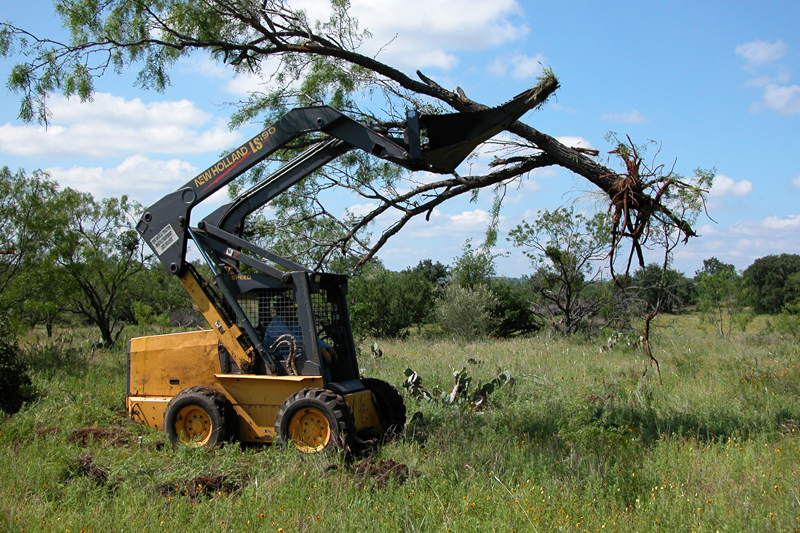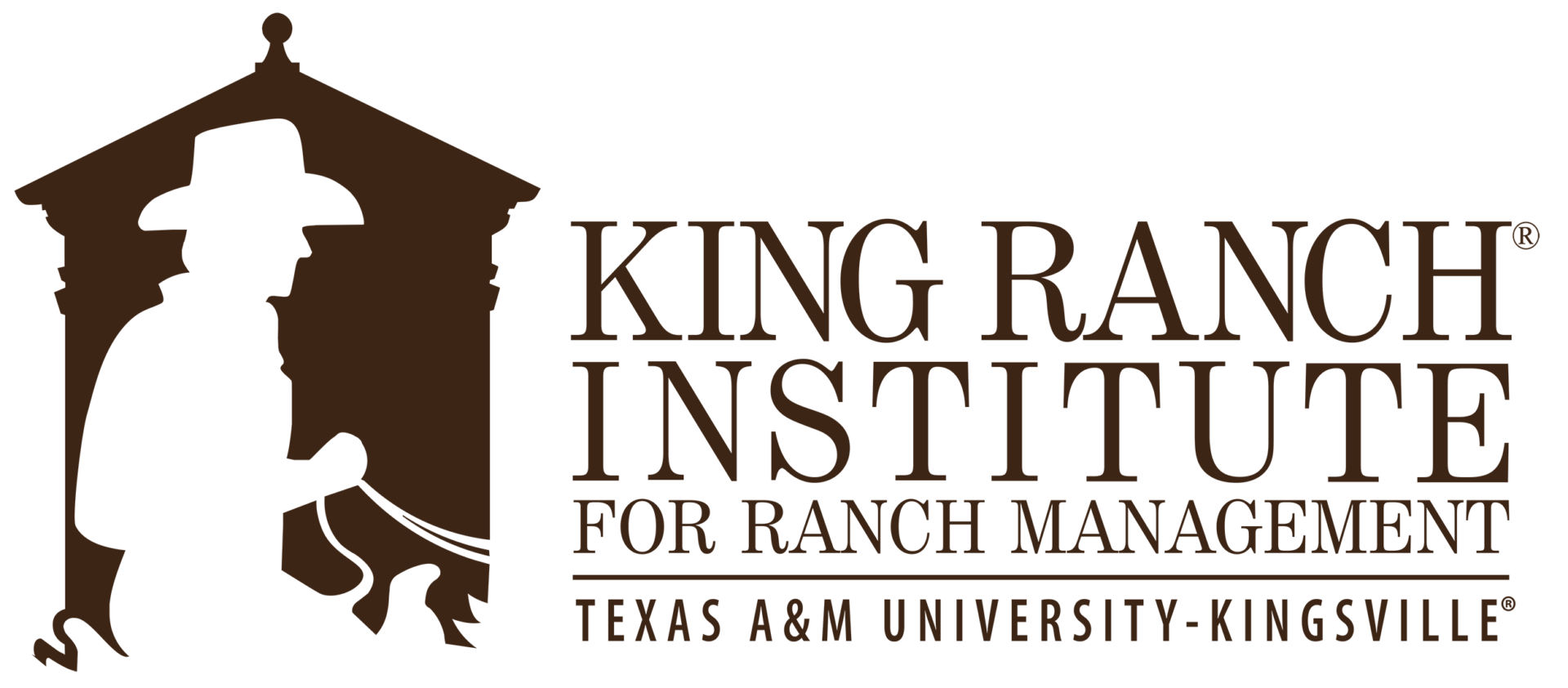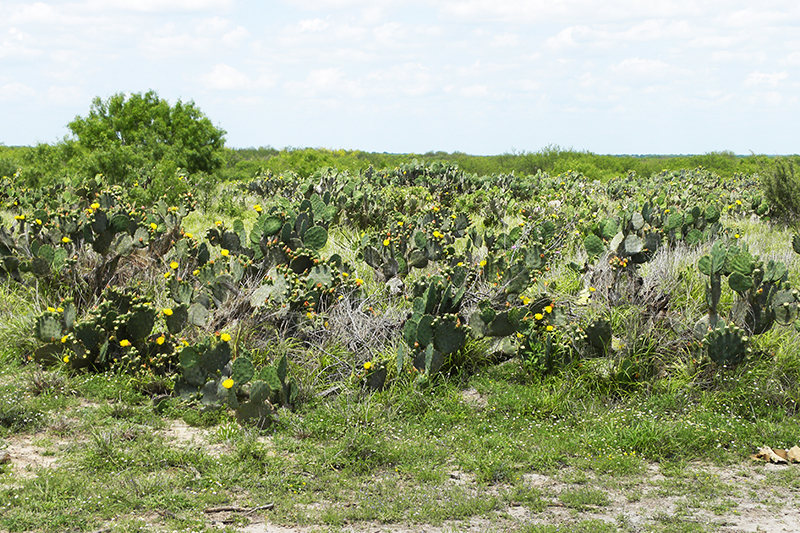By Clay Mathis, Ph.D.
From the Director, KRIRM Fall 2021 Newsletter.
The KRIRM model for developing excellent ranch managers is founded upon a learn-by-doing approach requiring students to complete multiple case studies for partnering ranches. The projects are designed to solve problems for the ranches we serve, and to provide hands-on discovery opportunities for our students. Over time, some similar themes have surfaced. The most prevalent theme…brush management. We all know that invasive species like mesquite, huisache, juniper, prickly pear, and others compete for soil nutrients and reduce the production of higher succession forages preferred by wild herbivores and livestock. Yet, control of brush and invasive species is never a one-time control measure, but requires long-term commitment. This management challenge can be daunting.
There is no doubt, throughout much of our great country, brush management is a perennial challenge for ranch and natural resource managers. Not only is understanding available options for effective control important, but also predicting the outcomes and cost effectiveness of control measures.
Thanks to sponsorship from Corteva Agriscience, KRIRM is offering a new lectureship, Brush and Invasive Species Management September 24-25, 2021. This lectureship has been designed to dive deeply into the most important decisions a manager must make regarding brush management strategies and tactics. The key takeaway for this lectureship will address the continuous need for brush control and how to balance management decisions that are equally beneficial to the wildlife and domestic livestock on our rangelands. Along with that balance comes the awareness of the associated economic and ecologic risks involved.
A line up of the industry’s top experts will examine the full complement of brush management tools to achieve effective control and cost measures for the Southern Great Plains region. The lectureship will expand in the areas of brush control challenges, development of brush management plans and goals, expenses and budget limitations, legal considerations, and unintended consequences of herbicide use. Also presented will be King Ranch’s perspective on navigating ownership expectations, animal enterprises, and more. A lab session will be held on King Ranch that will demonstrate the “tools of the trade” including mechanical, spray, individual plant treatment (IPT), and fire equipment methods.
Even more enticing about this event is the virtual attendance option. You may choose to attend this lectureship in Kingsville, Texas, or online. Classroom instruction will be delivered simultaneously in-person and online while the lab sessions will be recorded and made available to the virtual participants upon the event conclusion.
As managers and stewards of our land and natural resources, we must always be prepared to make decisions with a clear understanding of how those decisions impact the entire enterprise. This lectureship, as well as the other events that we offer throughout the year, provide you with tools and resources to confidently make decisions that impact the sustainability of the ranch and the natural resources that make it thrive. We hope you will join us September 24-25 for this learning opportunity.
Download the full KRIRM Fall 2021 Newsletter Issue featuring this story.


